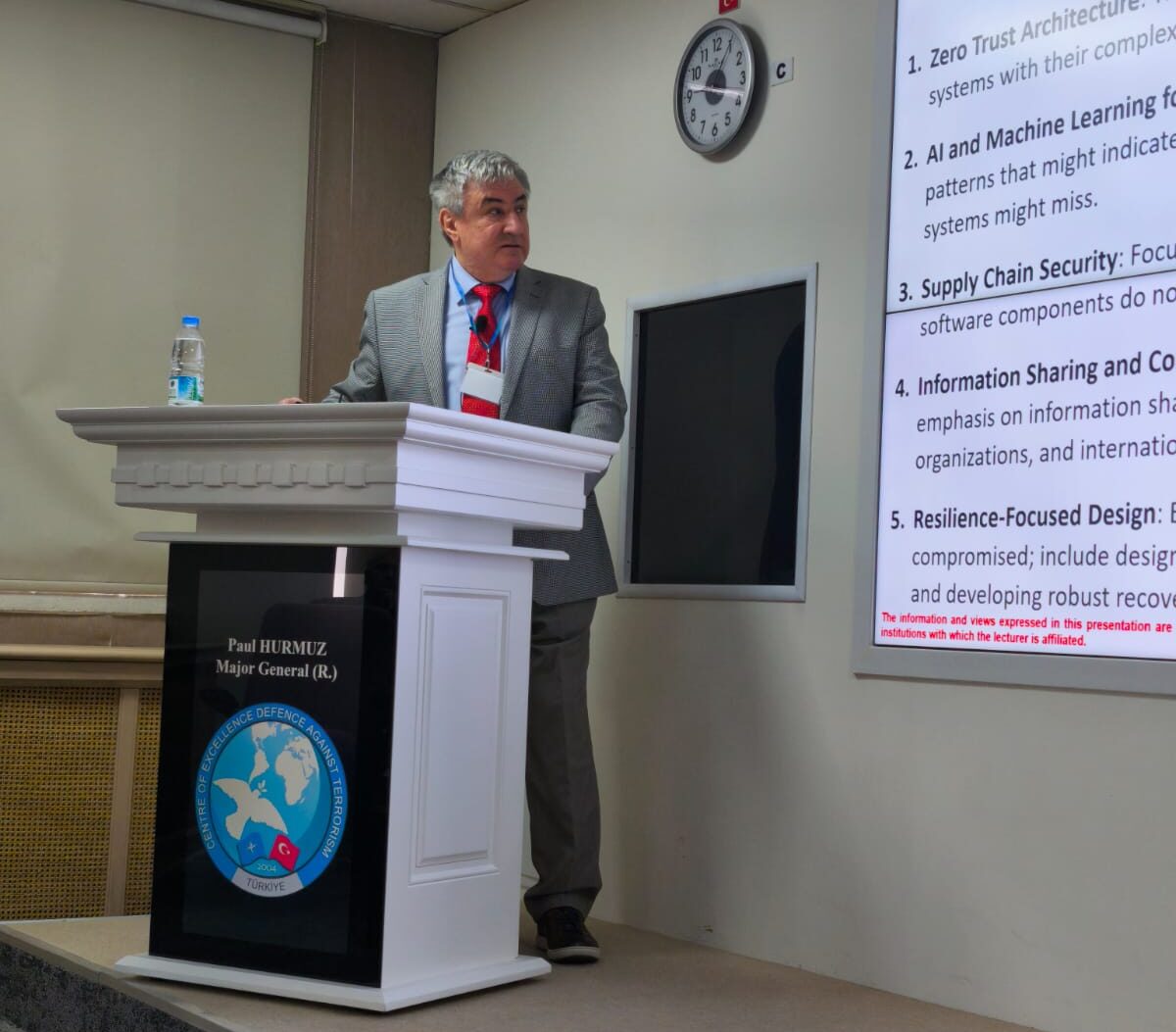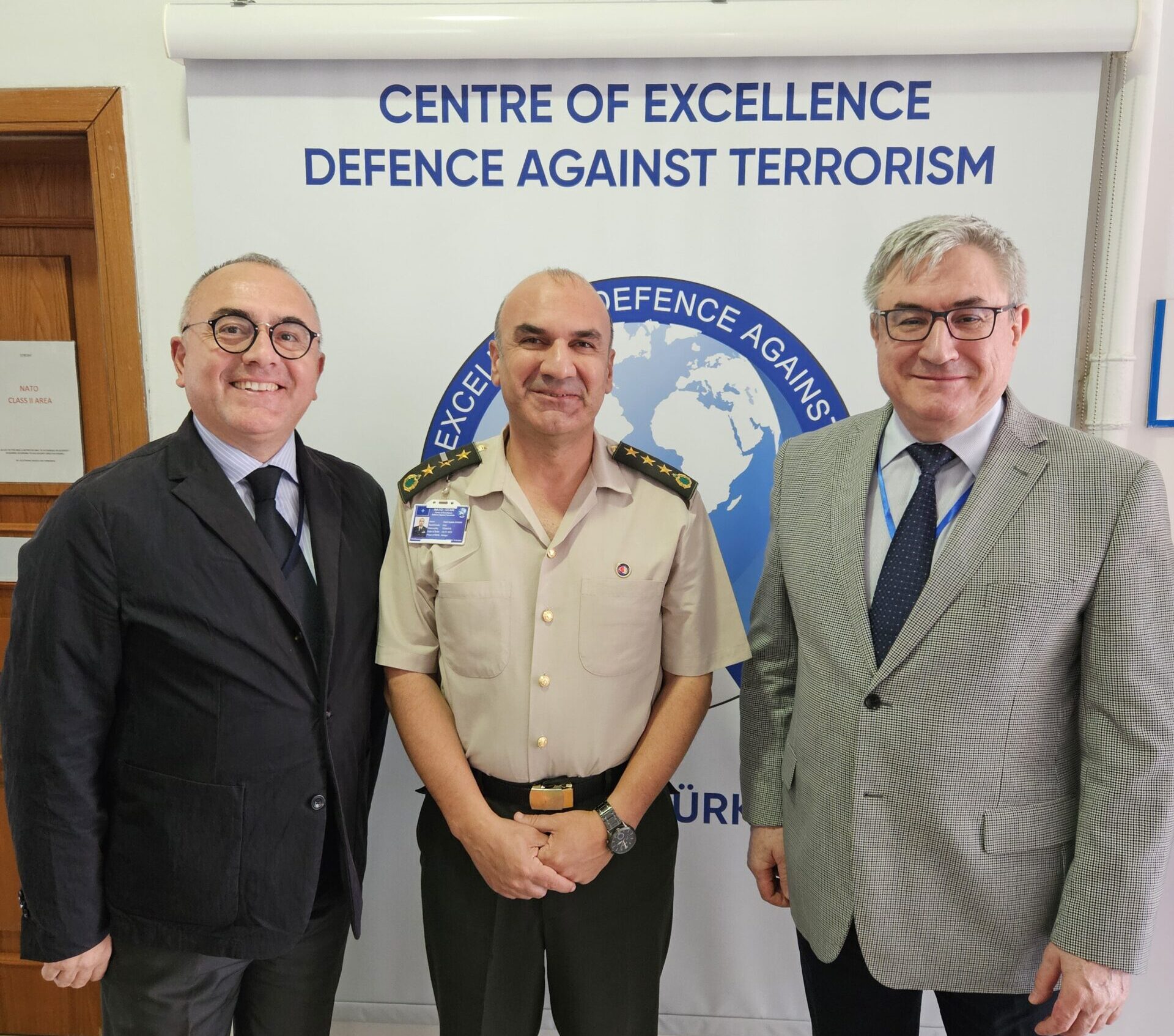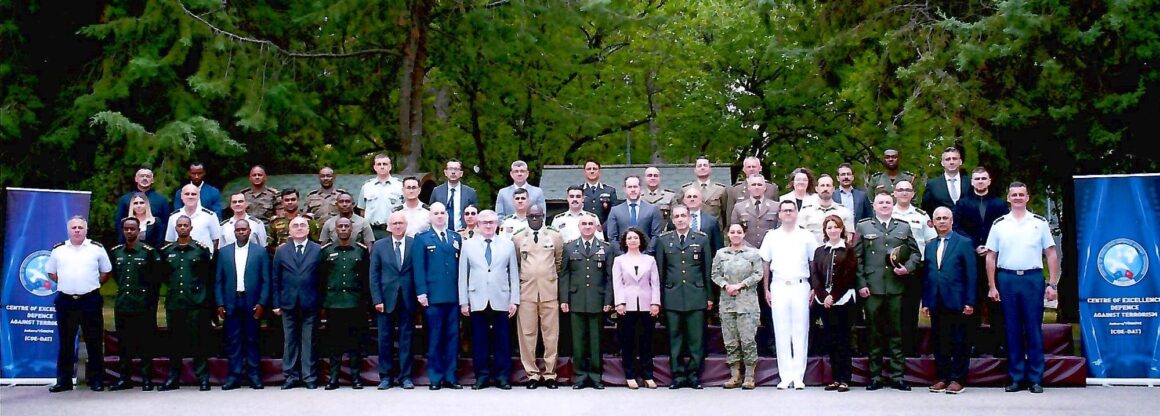Major General (Retired) Paul Hurmuz, NSC Senior Associate Expert, was invited as a Lecturer at the Basic CISRATA (Critical Infrastructure Security and Resilience Against Terrorist Attacks) Course organized by COE-DAT in Ankara, from September 29 to October 3, 2025. He presented the lectures: “Information and Intelligence Sharing to Enhance Critical Infrastructure Security and Resilience (CISR)” and “Building and Sustaining Military/Public/Private Partnerships in CISR.”
In his presentations, he underlined that CISR against terrorism involves a coordinated approach by governments and private industry to protect essential services from attacks, which can be both physical and cyber. As the threat landscape continues to evolve, organizations responsible for critical infrastructure must remain vigilant, adaptable, and committed to continuous improvement of their security posture. By implementing robust security measures, developing effective incident response capabilities, and embracing emerging best practices, these organizations can help ensure the continued functioning of the essential services upon which society depends.

Intelligence and Information sharing becomes in this respect more a necessity and not an exception, both inside the states and internationally. They also need to be able to understand how their adversaries are able to innovate and combine different tools in order to exploit specific vulnerabilities of our societies and bypass existing structures and mechanisms designed against current and future threats.
At the same time, MG Hurmuz stressed during the debates the fact that NATO and EU are facing a complex, volatile and unpredictable security environment in the Black Sea region that put peace and security in this region at serious and imminent threat. Energy security remains tied to Russian activities in the Black Sea, given the large gas reserves discovered and the future exploitation by Romania and Türkiye.
Russia can seriously threaten the exploration or extraction of gas, given its actions in the Exclusive Economic Zones of other countries in the region, which will further complicate the security environment in the Black Sea.


